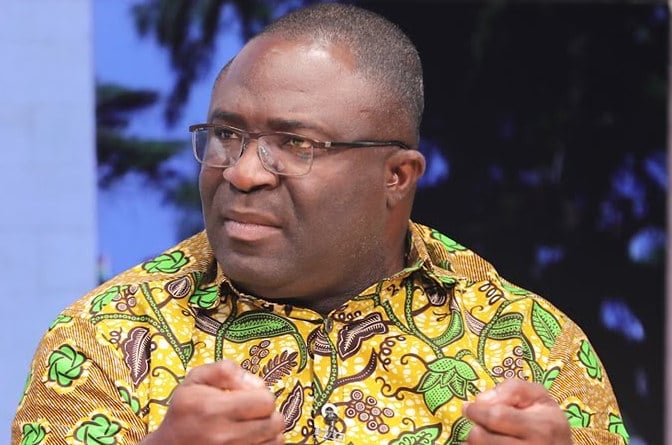The New Patriotic Party’s (NPP) defeat in the 2024 general elections, according to former Subin Member of Parliament, Eugene Boakye Antwi, stemmed from a significant breakdown in the relationship between the party and the government under President Akufo-Addo. This disconnect, he argues, created a chasm between the party’s leadership, its grassroots supporters, and the government, effectively paralyzing the NPP’s ability to effectively mobilize and connect with the electorate. He contrasts this with the apparent strong relationship between the National Democratic Congress (NDC) under John Mahama and its government, highlighting Mahama’s appointments as indicative of this cohesive connection. Boakye Antwi emphasizes that this lack of cohesion within the NPP ultimately led to voter apathy, a loss of trust among Ghanaians, and ultimately, electoral defeat.
A key element of this disconnect, according to Boakye Antwi, was the Akufo-Addo administration’s failure to effectively engage with and address the concerns of the party’s grassroots supporters. These individuals, he argues, are the backbone of any successful political campaign, responsible for mobilizing voters and spreading the party’s message at the local level. By neglecting this crucial component of their political machinery, the NPP effectively silenced its most powerful voice and alienated a significant portion of its support base. This detachment from the ground reality, he believes, fostered a sense of complacency within the party leadership, leading them to underestimate the growing discontent among the electorate and misjudge the political landscape.
Furthermore, Boakye Antwi criticizes the Akufo-Addo administration for its handling of internal disputes and power struggles within the party. Instead of resolving these conflicts effectively, he argues, the administration often exacerbated them, creating further divisions and weakening the party’s overall unity. This internal strife not only diverted resources and attention away from critical electoral matters but also projected an image of disunity and instability to the public, further eroding voter confidence. The focus on internal power plays, rather than effective governance and addressing the needs of the people, ultimately contributed to the NPP’s downfall.
Adding to the party’s woes was its failure to effectively communicate its achievements to the public. While the Akufo-Addo administration may have implemented various policies and programs, Boakye Antwi asserts that the party failed to adequately publicize these successes and connect them to tangible improvements in the lives of ordinary Ghanaians. This communication gap allowed the opposition to control the narrative and sow seeds of doubt about the government’s performance, further contributing to the perception of disconnect and ineffectiveness. The lack of a clear and consistent communication strategy, therefore, played a significant role in the NPP’s electoral defeat.
Boakye Antwi’s critique paints a picture of a party struggling with internal divisions, detached from its grassroots base, and failing to effectively communicate its message to the electorate. This combination of factors, he argues, created a perfect storm that led to the NPP’s loss in the 2024 elections. He stresses the urgent need for introspection within the party, urging the leadership to rebuild its structures from the ground up, prioritize the needs and concerns of its grassroots supporters, and foster a genuine sense of unity and cohesion.
Looking ahead, Boakye Antwi emphasizes the critical importance of rebuilding the relationship between the party and any future government. He believes that a strong and symbiotic connection between these two entities is essential for effective governance and electoral success. This entails regular communication, collaborative decision-making, and a shared vision for the country’s future. He also underscores the need for a more transparent and inclusive internal party structure, one that values the contributions of all members and effectively resolves disputes. Ultimately, Boakye Antwi’s analysis serves as a stark warning to the NPP, highlighting the dangers of internal divisions, detachment from the grassroots, and ineffective communication, and providing a roadmap for the party’s future rebuilding and potential resurgence.


